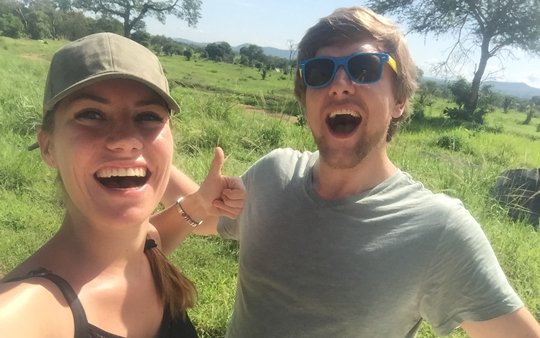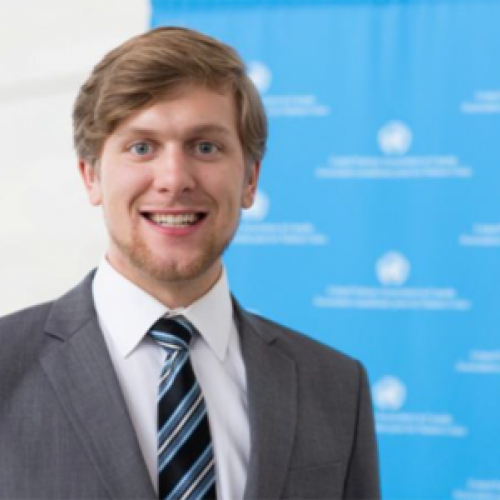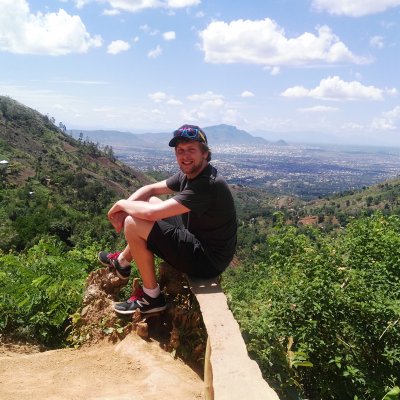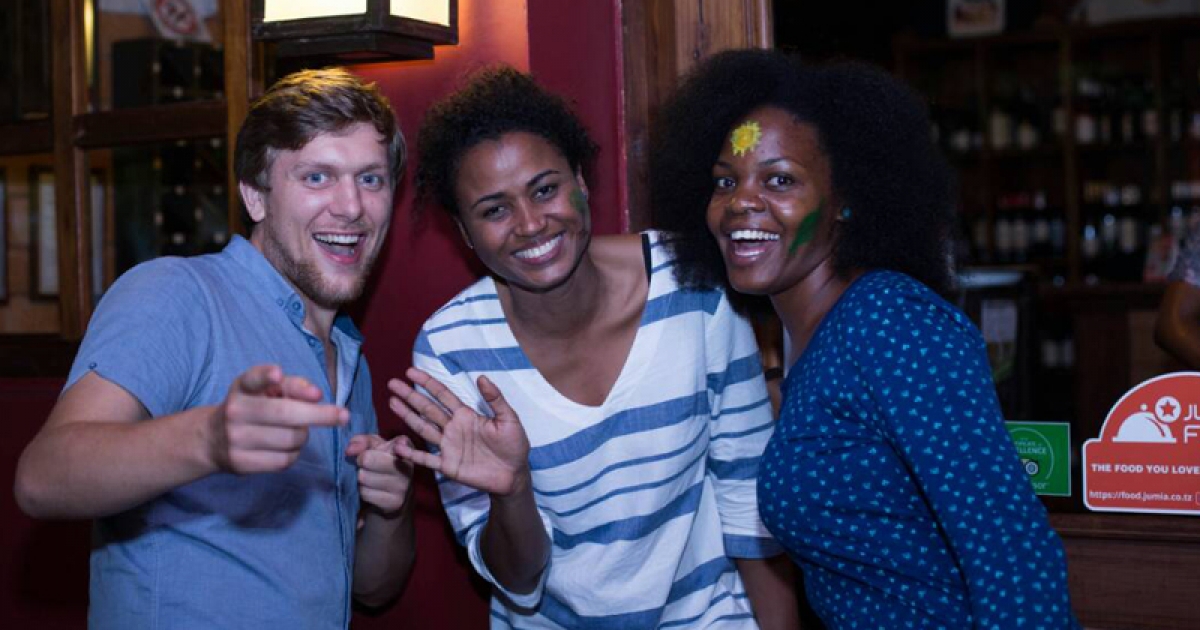“Each Decision Has More Consequences Than We Can Imagine”
Ryan is from Canada. Ryan is particularly passionate about environmental issues, especially those related to the global extinction crisis and climate change. He works as a volunteer with WildAid’s East Africa team, helping to increase awareness about the harms of poaching through WildAid EA’s #PoachingStealsFromUsAll campaign. Ryan Winch's mentor is David Stringer-Lamarre.
Q: Tell us a few things about your country, and also your life's story!
A: Coming from Canada, there was really only one country to travel to affordably while I was growing up - The United States. As a result, after studying political science during my undergrad, I had a strong urge to travel and learn about other cultures. It was one thing to learn about the world but I knew I could never truly gain the context I needed to understand the world without seeing more of it.
Accordingly, much of my life since I completed my undergrad has been a part of a quest to develop a greater understanding of the world, not just politically but also socially and culturally. This has led me to live in China, Thailand and now, to where I've been based for the past year, Tanzania. Through this time I've quickly learned that issues that once seemed so complicated in a textbook are even more complex in real life. At the same time though, being able to experience these new cultures and environments has only led to a growing desire to explore more. And I've developed myself so much through the experience, learning to love so many new cuisines, styles of music and types of art. I've even picked up a few languages along the way - both rudimentary Chinese and now increasingly conversational Swahili. My hope is that my adventures aren't over and I can keep developing myself and seeing more of the world in the years ahead!
Q: What is your view of the world as it is today? And how do you define the concept of a better world?
A: Today the world is facing significant challenges. Climate change, populism, regional and religious divides. The world has very quickly shifted in the past couple of years, to the point where many of the broad geopolitical trends of today would be unrecognizable to scholars from even just a few years ago. That being said I think these shifts, some of which appear daunting on the surface, are forcing a fundamental rethink of how we're organising ourselves and they're focusing individuals on fundamental questions about how the modern global economy can be made to be inclusive, sustainable and equitable.
The good news is I don't think we need to answer each of these questions to have a "better" world. Refocusing our societies on issues beyond GDP growth and continuously striving to build better societies is going to lead to improvements on many levels. The challenges we face our daunting but now, at least, we're being forced to address these issues head-on - something that I believe will lead to a better world in the long run.
As a result, there has been a heated, ongoing battle between the environment and those focused on protecting jobs in the oil section.
Overcoming this dichotomy, between the economy and the environment is one of the greatest challenges that has faced humanity to date. It's going to require fundamentally rethinking the way the economy works and how our societies are organised. That being said though, combating climate change and rethinking how we look at economic progress could be good for the economy at the end of the day. The hard part is going to be getting to the point where the majority of people can be convinced this is the case. I believe what we have is much more an issue with communication than one related to the economy or science. Many of the tools we need are already here (solar power, wind power, sustainable farming) and solution are at hand for many other things (population growth, overconsumption). Sooner or later we'll find a way to put these into action!
Q: Why is the role of a mentor important for you?
A: It's easy to assume the internet has all the answers these days, but there remain many questions that can only be answered best from experience. Having a mentor is allowing me to draw on the experience of someone else and get a wise second look on where I'm currently at in life and how I can best move forward. Not only this but having advice tailored to my situation and delivered with a personal touch has provided me with high-quality advice that is usually nearly impossible to access. It’s allowed me to see my problems from new perspectives, to find new ways to overcome them, and most importantly to think long term. It helps me see the broader context of where I'm at with my life, while also providing insight into experiences that help to make the many options in front of me seem less overwhelming.

Q: Name a project, a foundation or a person in your country that you think is doing great work in helping improve other people's lives!
A: WildAid - They're doing amazing work raising awareness about the global extinction crisis. More of 50% of the global wildlife have been lost in just the last 40 years and WildAid is doing their best to raise awareness of this and call people to action to reverse this trend.
Q: Share with us a phrase, a poem or a story that you love or you find interesting!
A: "When we try to pick out anything by itself, we find it hitched to everything else in the universe." John Muir. It reminds me about the complexity of the world around us. Each decision has more consequences than we can imagine and the world around us is intertwined in so much more way than are readily visible. Keeping this in mind while making decisions helps me to think deeply about my choices and ensures I take the time to think things through fully.
Q: Tell us one thing that you have learned from your mentor.
A: It’s really been impressed on me that I need to think outside my bubble. Too often I get caught up in the nuances in my day to day and each time I talk to David, my mentor, I'm reminded to break out of it. This has been the key to keeping my career moving forward, my relationships with those in other countries intact and my motivation levels high.




